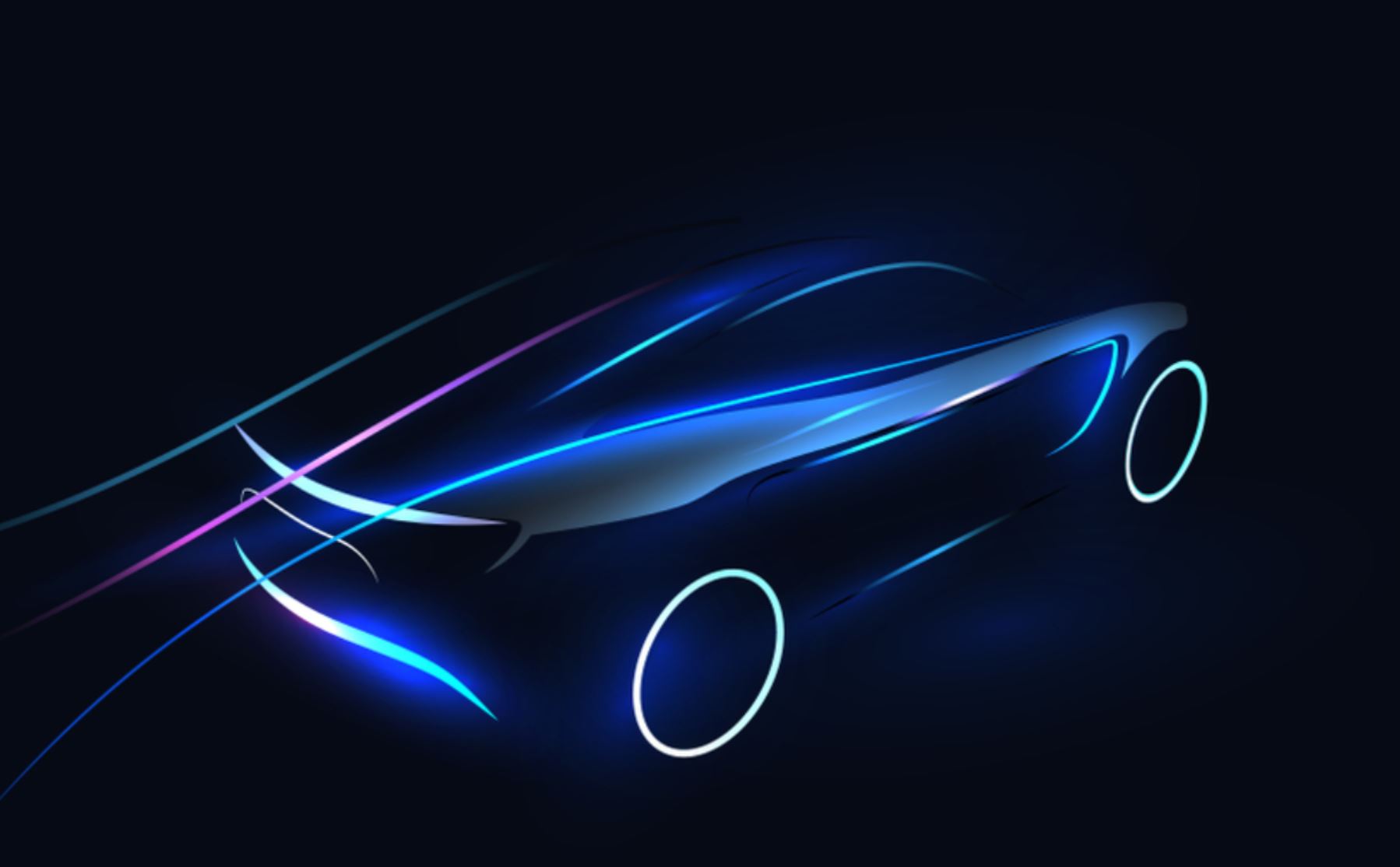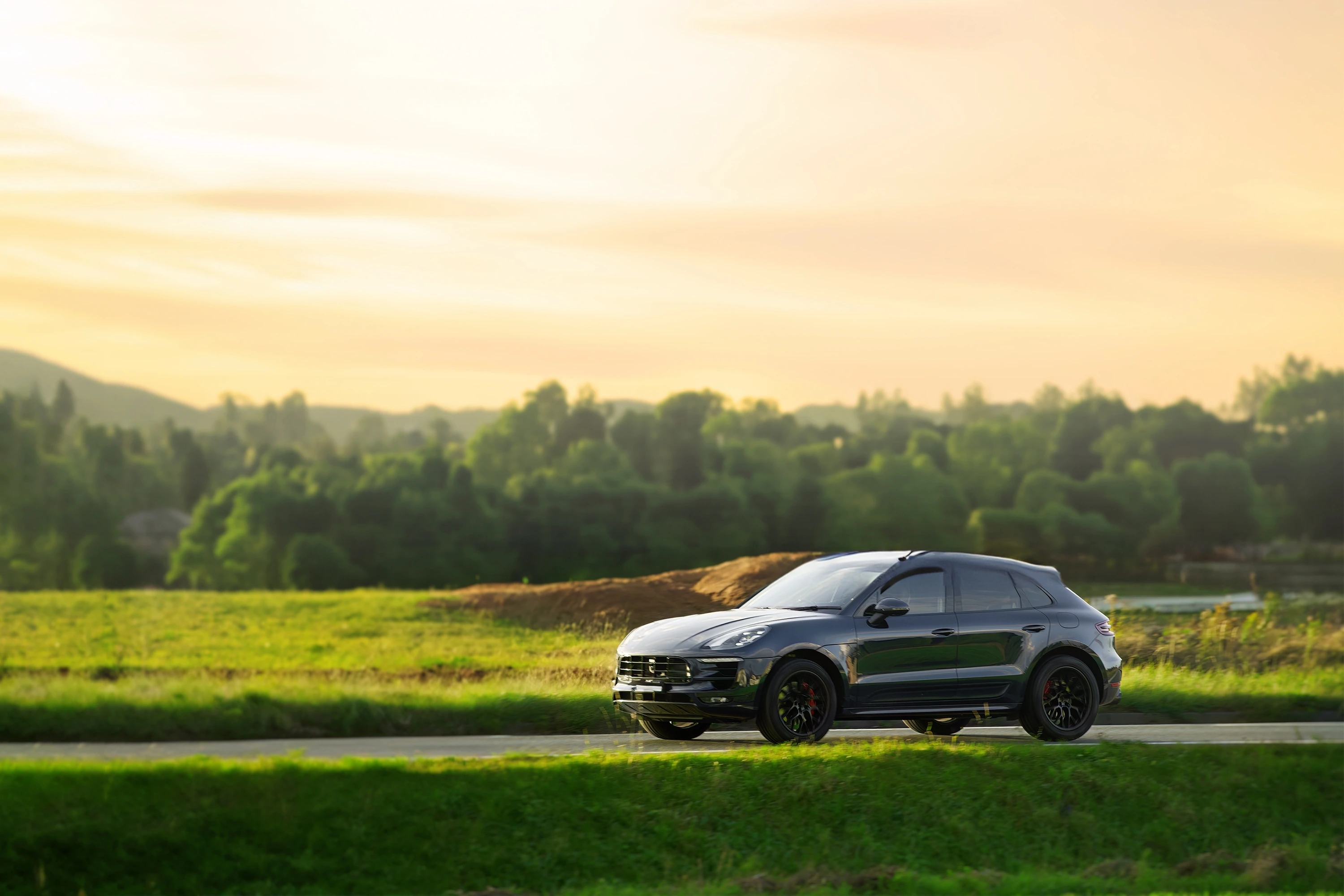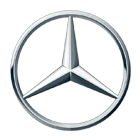
What Does The Future Of The EV Market Look Like?
Motorists considering making the switch to electric vehicles (EVs) may still need some convincing, because even though changing from a petrol or diesel vehicle need not necessarily be terminal, it feels like it will be and common sense suggests it will be too. But there may still be anxiety about the practicalities and whether the current EV market growth, in terms of infrastructure, developing tech and vehicle supply, is sustainable. In this article we will look at the current state of the EV market and how we see it developing over the next 12 months.
Like any industry, the EV market faced many challenges in 2021. The rising cost of inflation hit production, while the pandemic also caused various supply and production issues. However, the main problem that prevented EVs gaining more of a global market share in 2021, and in the face of overwhelming demand, was the global chip shortage.
Problems facing the EV market in 2021
Chips control everything in an EV, from the brakes to the electrics to the in-car tech. As technology improves EVs will become even more reliant on them, which means the global supply issue experienced in 2021 caused wide-scale anxiety. Volvo, Ford and Toyota are among the big hitters who had to cut production, and every major manufacturer faced a panic situation at some stage.
This has dealt a blow to confidence levels in the EV market, but millions of dollars of investment has been made to increase supply levels in the semiconductor industry, namely from major players such as TSMC, Samsung and Intel. By mid-2022 it is expected that supply issues will have eased, but this has not prevented some of the major global tech names taking matters into their own hands. Chips aren’t just used in EVs of course, and Apple – long rumoured to be secretly developing an EV as it happens – Amazon and EV giant Tesla have taken chip production in-house, and this might be a trend we see increasing as EV manufacturers seek to manage risk, loss and continuity themselves.
As a result of the chip shortage seen in 2022, supply of EVs has not kept up with demand. And yet, at the same time, the pandemic and the deepening climate crisis has led major Governments to invest more money in cleaner technologies, so despite the huge challenges, demand for EVs is accelerating and the market itself is becoming much more competitive, which ultimately should be good for the motorist.
Major new names in EV manufacturing
EV technology is improving at a fearsome rate, meaning efficiency, manufacturing quality and drive quality is making EVs a credible rival to petrol and diesel vehicles for the first time. It is thought there were over 6.4 million EVs sold globally in 2021, which was a 98% increase on 2020, and yet it is still very early days for EVs, and they still have a very small market share % of the total cars driven on the roads. However, the huge growth potential has captured the imagination of investors, particularly if you look at the success of Tesla, which as a corporation is now worth more than the next nine of its worldwide auto-manufacturing competitors combined.
And the market landscape is changing too. US EV manufacturers Rivian and Lucid went public in 2021 and already demand lofty share valuations, and they have only just started EV production. Needless to say, anticipation is very high. New Chinese competitors such as NIO, XPeng and Li Auto are also seeing their valuation increase, and they have produced much bigger volumes than the new US brands.
More choice of EV brands in 2022
Clearly, competition is set to intensify in 2022. China, Europe and the US still represent the biggest markets in terms of EV sales, but Canada and India are just two of the major countries where Governments are actively incentivising EV take-up, and where sales should increase. The big Chinese start-ups are set to expand into European markets in 2022, and the new US names, coupled with start-ups such as Fisker and Canoo, should start to do likewise.
Meanwhile, you can’t discount the might of the traditional motoring manufacturers. Big names such as Volkswagen, Daimler, General Motors, Ford and BMW are looking on with interest, while feverishly developing their own technologies and expanding the EV range of their various brand names to meet demands, so expect new EV models from the likes of Volvo, Audi, Nissan, Mercedes, Citroën, Hyundai, Porsche and Toyota in 2022. At the end of 2021 there were thought to be 370 different EV models on offer in the market, a 40% increase on the end of 2022, you would expect to see a similar increase by the end of 2022, if not more.
This all adds up to exciting times for the motorist looking to switch to EVs in 2022, because while some of the start-ups and some of the traditional motoring names may fail in the mad dash to go electric, there is still plenty of competition offering more choice, more quality, more value-for-money and more opportunity for motorists to join the EV revolution.
Take a look at our electric car lease deals today.
Never miss a deal again
Sign up to our mailing list to receive the latest deals straight to your inbox!
Categories
More Articles

The Best Electric Vans For Business Leasing In The UK
Businesses are on a quest to go green so the electric van market is a rapidly increasing one, that's why we have put tog...

When Is The Best Time Of Year To Lease A Car In The UK?
Leasing offers all-year-round benefits, but there are seasonal factors which make some periods of the year a good time t...

2024's Top Leased Cars Revealed: Surprising Favourites Among UK Drivers
From hatchbacks and SUVs to luxury cars, we give the run down on the UK's top 10 lease cars from 2024.




























